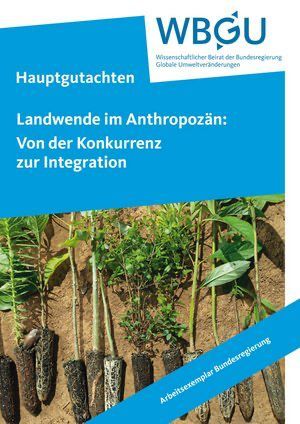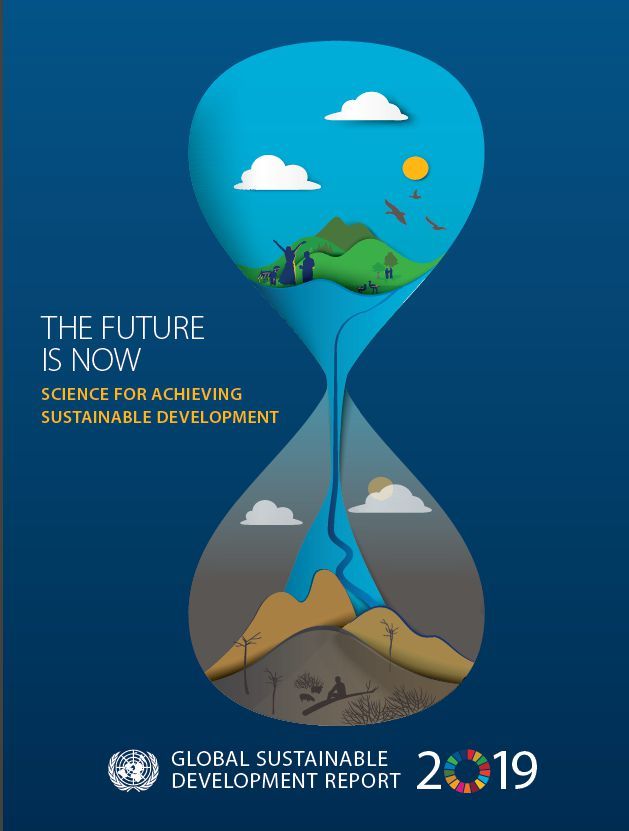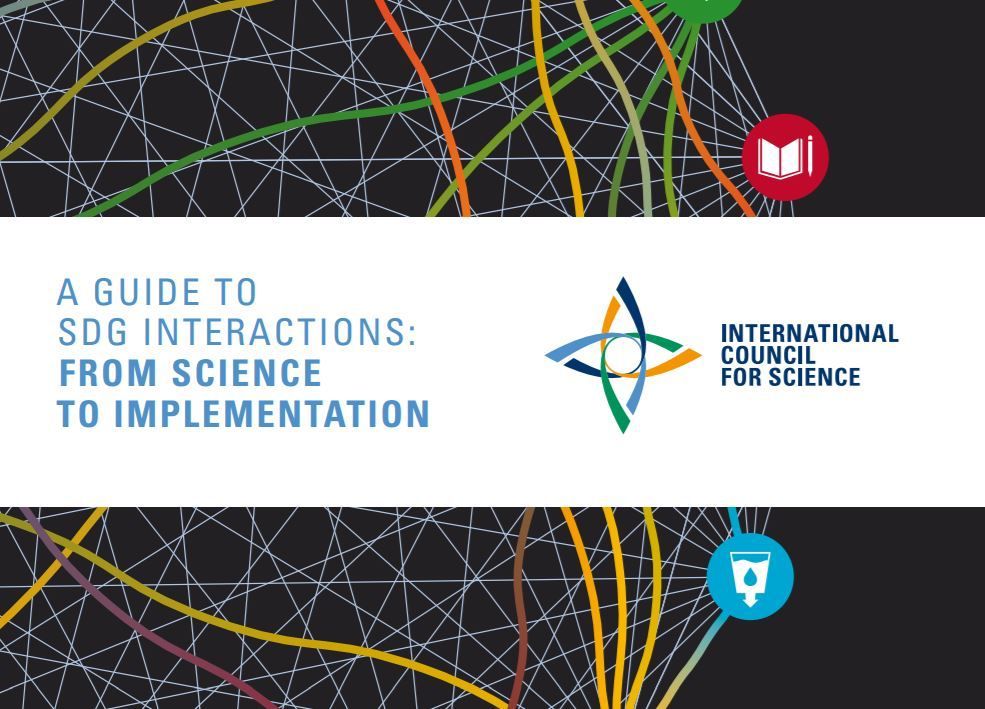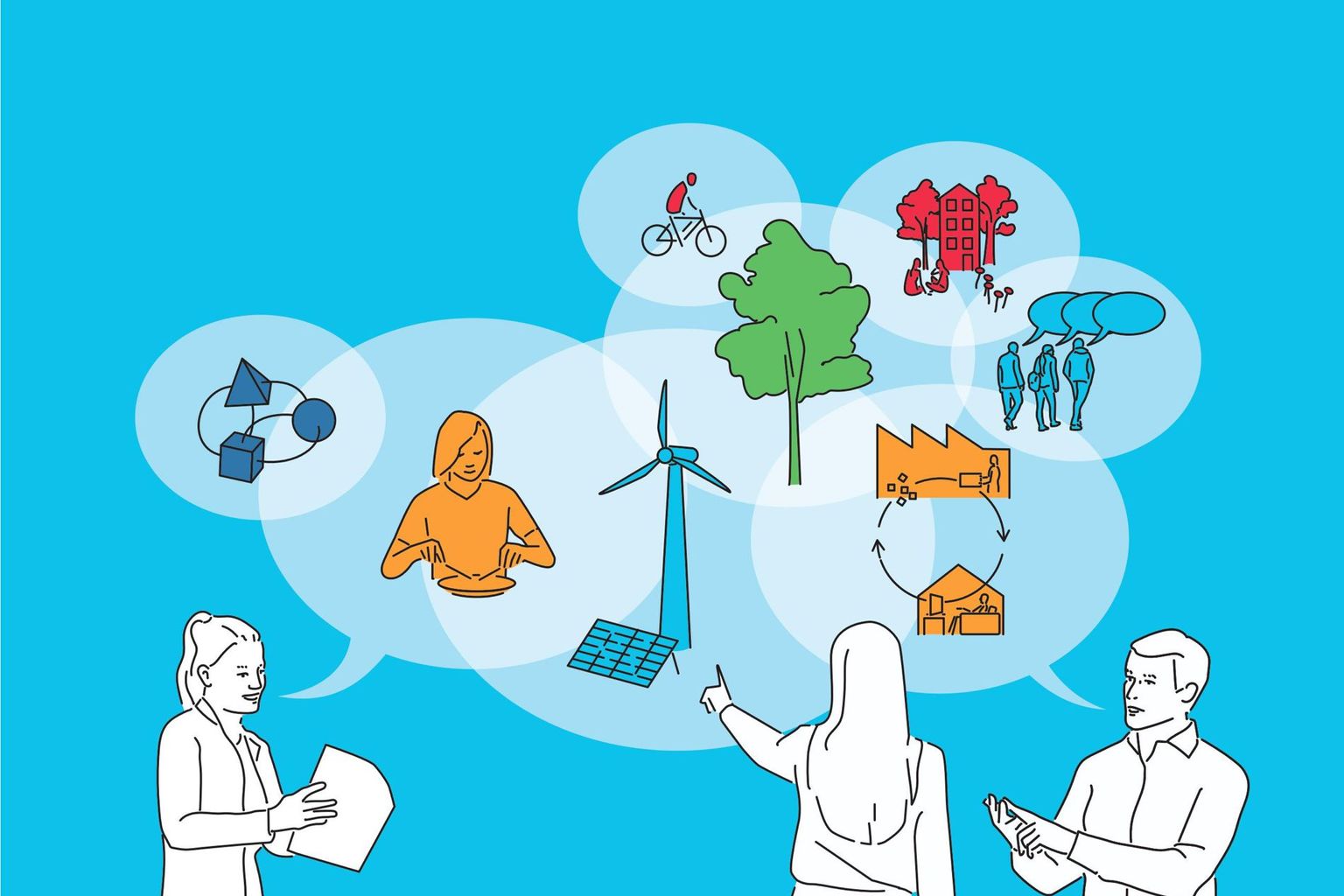File Sustainable development
Get an overview of scientific contributions to sustainable development and especially to the Agenda 2030: The Sustainability Research Initiative of the SCNAT provides researchers, research funding agencies and political decision-makers with important synthesis reports, projects, event information and news from the Swiss Academies of Arts and Sciences and other institutions.
State of Knowledge
Current activities

Support for research partnerships with developing countries
The challenges of sustainable development affect different regions of the world differently. International research partnerships make it possible to take these differences into account. The Swiss Alliance for Global Research Partnerships (GRP-Alliance) is committed to cross-border and intercultural research partnerships and helps to make such partnerships fair and efficient.
Contact
SCNAT
Sustainability Research Initiative (SRI)
House of Academies
PO Box
3001 Bern
Switzerland
News
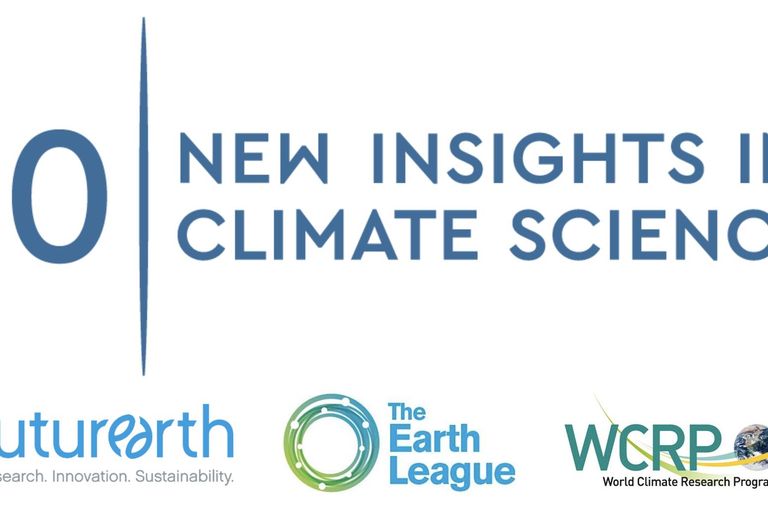
Call for Input: 10 New Insights in Climate Science
The ‘10 New Insights in Climate Science’ report is an annual syntheses highlighting key recent advances in climate change research, with the purpose of equipping policymakers and the general public with essential knowledge to make sense of and confront the climate emergency. The joint initiative welcomes your contribution: What's a key recent advance in climate change research that you think should be highlighted for policymakers? This call will close on 17 February 2023.
Image: Future Earth
Teaching materials on “Climate Change Adaptation and Mitigation” and “Climate Smart Cocoa Production”
The ETH project “Science Action in Schools for Sustainable Development (SAS4SD)” has ended. As an outcome, teaching materials on “Climate Change Adaptation and Mitigation” and “Climate Smart Cocoa Production” are now available.
Image: SUBpng.com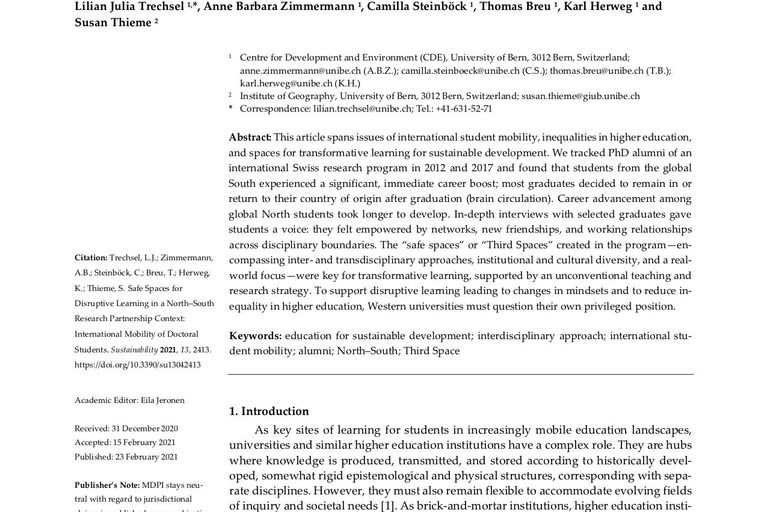
Safe Spaces for Disruptive Learning in a North–South Research Partnership Context: International Mobility of Doctoral Students
This article spans issues of international student mobility, inequalities in higher education, and spaces for transformative learning for sustainable development.

K3 Kongress zu Klimakommunikation – Call für Workshops eröffnet
Unter dem Motto «Unser Klima unsere Zukunft. Klimakommunikation in Krisenzeiten» werden am K3 Kongress die neusten Erkenntnisse aus der Forschung aufgezeigt und sogleich in interaktiven Werkstätten in die Umsetzung gebracht. Sie können sich jetzt um einen der 21 Workshopplätze bewerben! Gesucht sind Konzepte von hoher Themenrelevanz und methodischer Vielfalt. Eingabefrist: 29. März 2021.
Stay informed
The Sustainability Research Initiative



